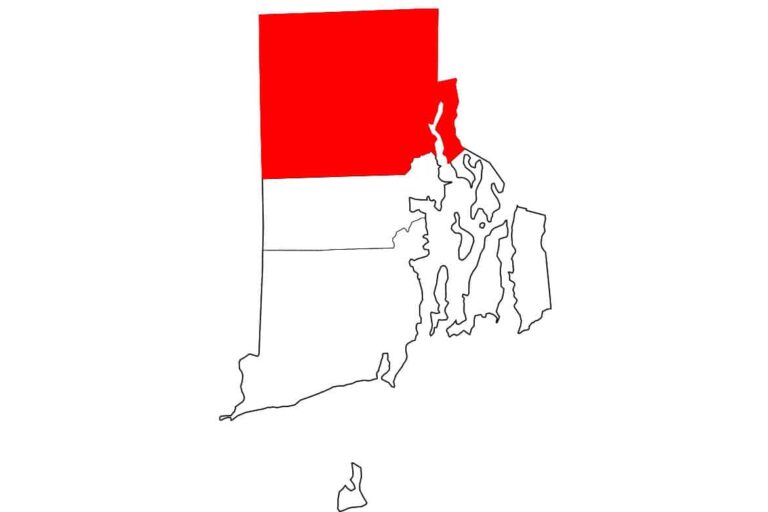
A 10-year-old Quarter Horse in Spokane County, Washington, was found positive for West Nile virus (WNV), the first positive case confirmed in the state this year. The horse, which was suffering from neurologic signs and was not vaccinated, was reported to be improving.
The Washington State Department of Agriculture (WSDA) said the horse was located near the town of Four Lakes.
Washington State University’s Animal Disease Diagnostic Laboratory in Pullman reported the positive test results to the State Veterinarian’s Office last week, according to the WSDA.
WSDA confirmed 27 equine West Nile virus cases last year in the state. Seven of those horses died or were euthanized. WSDA noted that 10 counties in 2016 reported West Nile virus cases involving horses last year, including Benton, Franklin, Grant, Kittitas, Lincoln, Okanogan, Pend Oreille, Spokane, Stevens and Yakima counties. Spokane County had the highest count with eight cases in 2016.
“Horses can still benefit from first-time vaccinations or an annual booster vaccination,” State Veterinarian Brian Joseph said. “It’s never too late to vaccinate your horse, but it’s more effective to do it earlier than now.”
The WSDA noted that WNV is fatal to horses in about a third of the cases in which clinical signs are apparent, although most horses do not become ill and show no clinical signs. Horses that do become ill can have loss of coordination, loss of appetite, confusion, fever, stiffness and muscle weakness, particularly in their hindquarters.
Prevention Strategies from WSDA
The WSDA noted that spring is the best time to vaccinate horses against West Nile virus or obtain an annual booster shot. Besides vaccination, horse owners should reduce mosquito populations and possible breeding areas. Recommendations include removing stagnant water sources, keeping horses inside during insects’ feeding times, typically early in the morning and evening. Consider using equine-approved mosquito repellants, place fans inside barns or stalls to maintain air movement, and avoid using incandescent bulbs inside stables at night.
Washington veterinarians who learn of potential West Nile virus cases in horses or other animals should contact the State Veterinarian’s office at 360-902-1878.
Visit the websites of the state Department of Agriculture, Department of Health, or the U.S. Department of Agriculture for more information.








